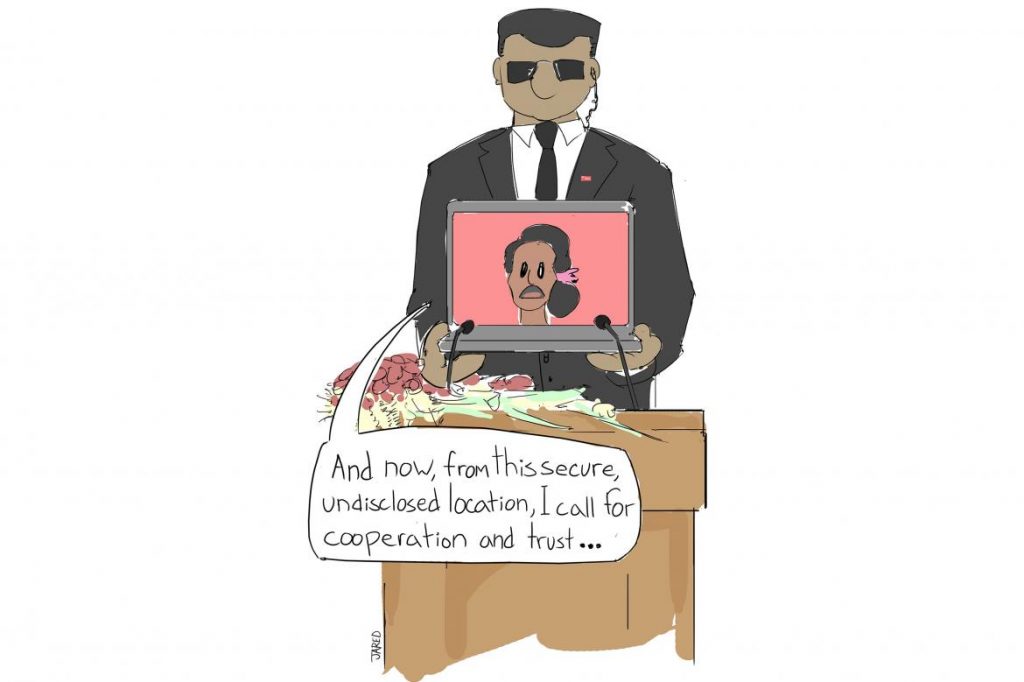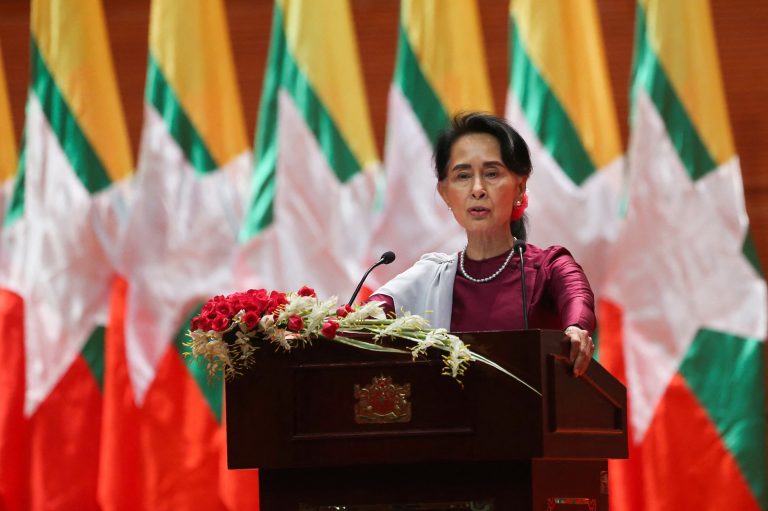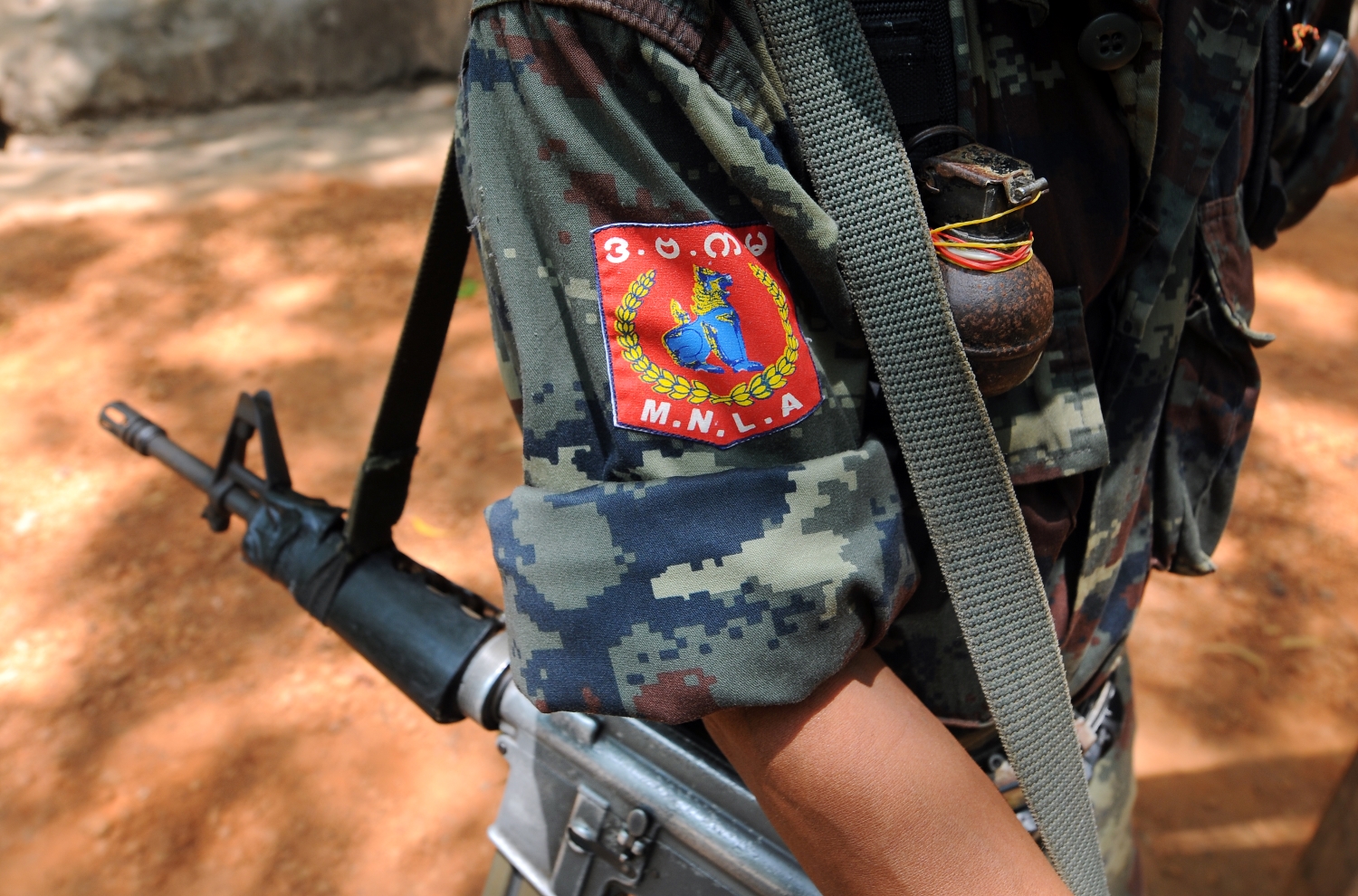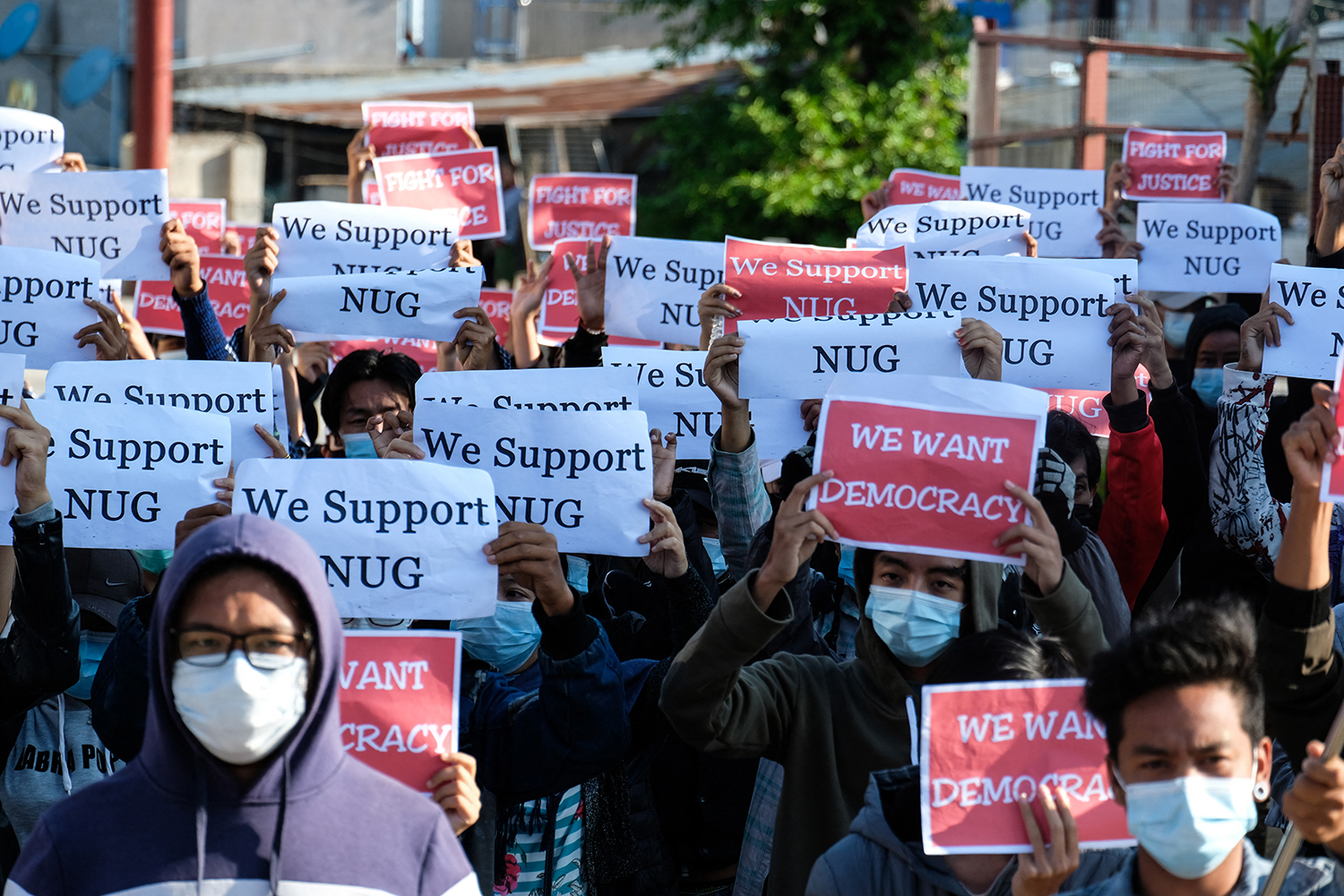Too often, the government is unwilling to engage with those who hold different views and are not afraid to express them.
ONE THING we learned last month: The National League for Democracy government had a great opportunity after the 2015 election. It may have squandered it.
On January 25, the People’s Alliance for Credible Elections released the results of a nationwide opinion poll, based on interviews with more than 2,800 people in all states and regions in November 2017.
The standout finding was that interpersonal trust had fallen dramatically from when the survey was last conducted, in May 2016 – just two months after the NLD took office. Then, 37 percent of those surveyed said most people could be trusted; the figure is now just 17 percent.
This lower figure was similar to surveys conducted before the election. For a brief period after the NLD took office, people felt differently towards each other. They weren’t so suspicious. They believed that they could work together.
Okay, Myanmar wasn’t pushing Nordic levels of interpersonal trust, but a two-fold increase in the space of a year is significant. We don’t know for sure that it was the election and transition that did this. But powerful events have in the past had a similar effect. Surveys conducted in the United States after the September 11, 2001, terrorist attacks found that trust in government had doubled almost overnight.
Support more independent journalism like this. Sign up to be a Frontier member.
Unfortunately, though, trust can dissipate quickly. We’re now back where we were before the election. Three quarters of people believe they need to be very careful when dealing with people they don’t know.
So how to build trust? A sense of security, through application of laws and delivery of justice, are important. We also need to create a feeling of unity, of inclusion, of community. We engage with people who are different with us; participation in civic or sporting activities has been shown to build social capital, of which trust is a component. Perhaps State Counsellor Daw Aung San Suu Kyi was on to something when she encouraged everyone to get out and pick up trash together. If it brought together people of different ethnicity, age, social status, political persuasion and religion, it may have helped to build if not trust, then at least some mutual understanding between these groups.
And this matters. The impact of higher levels of trust has been well documented. It results in better health and education outcomes, and less crime and corruption. People tend to be happier and more comfortable with each other. Deals can be sealed with a handshake instead of a team of lawyers. People feel comfortable paying taxes because they believe it will end up in government coffers (and used properly).
In short, trust is important for many of the things Myanmar is trying to achieve.
Even if the NLD has not been responsible for causing the dramatic drop in trust since May 2016, Frontier would argue that it failed to take advantage of the opportunity it was presented in early 2016. It moved too slowly on key reforms, alienated many with its style of governance, failed to clearly define a strategy, persisted with incompetent officials and communicated its activities poorly.
It was timely then that Aung San Suu Kyi on January 31 issued a call for unity and cooperation during an address to mark the second anniversary of the convening of parliament after the 2015 election.
She invited lawmakers from all parties to work with her government in a spirit of cooperation, but also emphasised the need for diversity. “Doing things together with like-minded people is actually not a spirit of democracy. Democracy accepts differences. It is a system that came about from the spirit of achieving unity through diversity.”
Too often, though, the government is unwilling to engage with those who hold different views and are not afraid to express them. Groups such as civil society, the media, students and NGOs are rarely consulted; instead, they are avoided, ignored or disparaged.
It is only through a clear understanding of each other’s ideas, motivations and beliefs that mutual respect and trust can be built. The first step is to start listening.
This editorial first appeared in the February 8 issue of Frontier.







